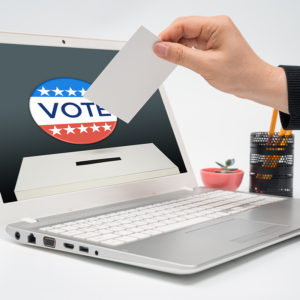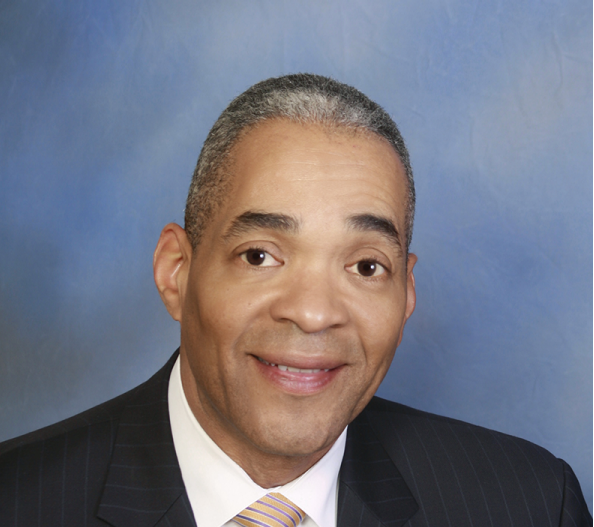Voting is one of the most cherished rights that Americans enjoy. Our ancestors fought for it. Our Constitution guarantees it. And our nation’s citizens expect to exercise the right freely and fairly.
But in recent years, the COVID-19 pandemic, new technologies, and new rules instituted by states have changed the ways voting is administered. To gauge Americans’ thoughts about these changes and the election process, the American Bar Association has released its annual Survey of Civic Literacy 2022.
The results, from a nationally representative survey of 1,000 respondents conducted in March 2022, showed overwhelming support for several measures that expand access to voting, including longer hours at polling stations (80 percent) and an increased number of polling stations (78 percent). The survey found that 66 percent of the public supports a federal holiday for Election Day. And measures such as increasing the number of ballot drop boxes (59 percent), allowing drive-through voting (58 percent), and Election Day voter registration (55 percent) got strong support but also had more than one-third of respondents opposing them. The survey also found that requiring voters to show ID received 79 percent support, although it is frequently cited as a way to discourage individuals from voting.
Among those who said they did not vote regularly, 42 percent of respondents said that candidates don’t motivate them to vote, and about 1 in 3 (31 percent) said they believe their vote “doesn’t make a difference.”
In 2021, at least 19 states have passed 34 laws restricting access to voting, according to the Brennan Center for Justice. More than 440 bills with provisions that restrict voting access were introduced in 49 states in the 2021 legislative sessions. When the ABA survey asked participants whether they thought that their state has enacted laws making it more difficult to vote, 21 percent said yes while 38 percent believe their state has made it easier to vote. However, 41 percent said they did not know.
The ABA Survey of Civic Literacy 2022 also revisited questions from last year’s survey about views on racial justice. Wide disparities by age groups and by race and ethnic groups persisted. Overall, 52 percent of respondents agreed or strongly agreed that “the justice system has racial biases built into its rules, procedures, and practices.” But more young people ages 18-34 (63 percent) said there was racial bias in the system, while less than half (40 percent) of older people, ages 65 and above, said there was racial bias. A large majority of Blacks (75 percent) responded that there was racial bias in the justice system compared to 48 percent of Whites and 54 percent of Hispanics.
As part of the annual survey, respondents answered 13 multiple-choice questions measuring their knowledge of U.S. democracy, with questions based on the current U.S. Naturalization Test. By large margins, basic questions were answered correctly such as 92 percent knowing “We, the People” are the first three words of the U.S. Constitution.
But some respondents were not clear about their rights and the rights of others as 22 percent answered that freedom of speech is a right reserved only for U.S. citizens. John Roberts may want to hire a publicist as once again, just 57 percent of respondents identified him as the Chief Justice of the U.S. Supreme Court, while 13 percent think it is Justice Clarence Thomas, 9 percent chose Justice Sonia Sotomayor, 8 percent picked Amy Coney Barrett, and 14 percent were undecided.
The annual ABA Civic Literacy Survey is part of the American Bar Association’s ongoing efforts to promote an informed electorate and citizenry. Released every year in conjunction with Law Day (May 1), the survey is just one way the ABA works to fulfill its goal of advancing the rule of law.
The ABA Survey on Civic Literacy 2022 can be read here: ambar.org/CivicSurvey


